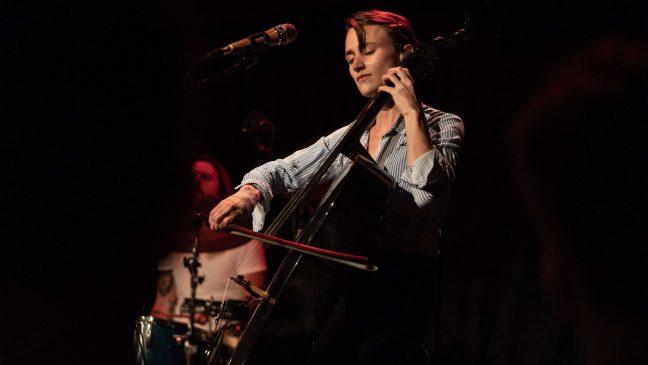In this addition to the Mickey Mouse Degrees series, our focus will be on music education.
If you haven’t read the previous articles in this series, the term “Mickey Mouse Degrees” is a pejorative for a degree that is seen as “useless” or a discipline that’s not thought of as very academic.
This attitude has negative consequences for professionals in many different fields of study, which can range from being invalidated by others, not receiving enough funding and campus support.
It also disadvantages society as a whole when people are taught that exercising creativity or pursuing your passion isn’t as important as finding a job.
Education in the music and the arts are undervalued at all stages of the education system — programs in music and arts are often the first ones to be affected by budget cuts and are continually underfunded. Education in the music and the arts is seen as less essential than core classes such as math, science or English.
Bryson Bauer is a sophomore studying instrumental music education. He is also a trombonist.
An unfortunately common experience that many who want to go into teaching face are receiving unsolicited comments on their finances or uncertainties in their future. He states that there are many negative perceptions around teaching and then even more around teaching music.
“A phrase I heard one time is ‘those who can’t do, will teach,” Bauer said. Furthermore, this is a stigma that exists even within the school of music.
Bauer stated that when he told his public school teachers about his choice, they were often excited, but also warned him. Bauer experienced many people, including his parents, question whether or not he knows what he was “giving up.”
“In the state of Wisconsin, teaching has progressively become valued,” Bauer said. “This is a sad reality, and it is often depicted in reactions when I tell people my choice.”
Music education is a degree that is offered within the Mead-Witter School of Music, which meets nearly all of the requirements of a performance degree.
Bauer remarked, “I think it is easy for people to forget that the act of teaching in a high-level way is something that can take years, even decades, to master, and should never be viewed as a simple craft.”
Due to their similar academic demands, music education majors face similar daily challenges as music performance majors. This includes the daily commitment to practice, and performing in many ensembles.
Repetitive strain injuries are common among musicians in general, and they can be very disruptive in a musician’s development, especially if it forces them to rest for months at a time.
In addition, managing a variety of courses, such as music theory, history of western European music, along with multiple performance ensembles make time management an additional challenge.
Bryson Bauer’s daily schedule usually begins at 8 or 9 a.m. with a practice session. This is followed by lecture and discussion type courses.
He tries to fit in a practice session after lunch when possible. Bauer usually has two hours of large ensemble rehearsals a day, after which he tries to fit in another practice session.
Though his day is usually finished by 8 or 9 p.m., sometimes certain assignments, such as a paper, can keep him working into the mornings. Music majors’ schedules are often also occupied by several one-credit ensemble rehearsals, which require hours of practice outside of rehearsal.
Furthermore, the additional requirements for the Music Education degree make his days “kind of long, but I like doing what I do… so I don’t mind.”


